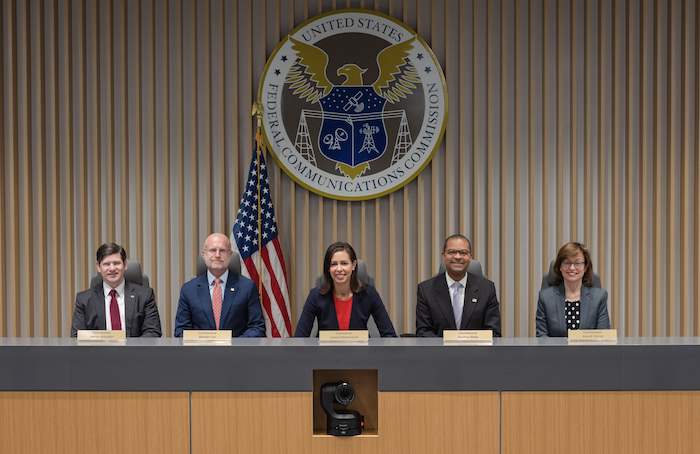The FCC proposed a more than $367,000 fine against Taiwanese-owned ASUSTeK Computer Inc., and its wholly owned U.S. subsidiary, Asus Computer, for marketing a WiFi adapter and a WiFi router in apparent violation of the Commission’s equipment marketing rules. Without first seeking FCC permission, the agency says ASUSTeK modified both equipment models to operate above their previously authorized power limits.
Violations of this type may give the violator an unfair competitive advantage. For example, by circumventing the FCC’s equipment authorization process, marketers of unlawful RF devices may benefit from reduced costs compared to their competitors that market similar devices that are in compliance with the Commission’s rules, according to the agency.
ASUSTeK’s apparent violations are similar to previous violations to which ASUSTeK Computer admitted to in a consent decree in 2014 with the Enforcement Bureau. In that case, the company admitted to marketing WiFi routers and adapters that were modified to exceed authorized power limits. The present record indicates the company continued to market the GT-AXE WiFi router for more than a year after it became aware that the model was noncompliant with its authorization. That’s why the bureau is proposing the maximum fine of $367,436.
But the agency worries that’s not enough of a deterrent. “We are concerned that in equipment marketing enforcement cases like this one—with a small number of noncompliant equipment models but a large volume of units sold—our existing ‘per-model’ forfeiture calculation, even with substantial upward adjustments, may fail to yield an appropriate forfeiture amount. Accordingly, in future equipment marketing cases we may change our methodology for calculating forfeitures in a way that better aligns forfeitures with the harms caused by the underlying violations, including, where appropriate, increased forfeitures,” it said in the Notice Of Apparent Liability For Forfeiture.
In 2016, the agency granted ASUSTeK an authorization for the PCEAC51, with an authorized maximum power level of 0.187 Watts (the equivalent of 22.7 dBm). In November 2023, the company admitted to the FCC it modified the product after initial testing but before marketing so the model could operate on certain frequencies above “up to 23 dBm” (the equivalent of 0.200 Watts). That meant the model was apparently operating above its authorized power level by 0.013 Watts (or approximately seven percent), according to the Commission.
In August 2020, the Commission granted ASUSTeK an authorization for the GT-AXE, with an authorized maximum power level between 0.242 and 0.991 Watts. “At some point after initial testing, ASUSTeK (directly or through its contractor) made changes to the model, such that the model exceeded the power limits in its authorization since at least November 1, 2021,” stated the FCC.
The bureau received a complaint stating that the individual who filed the protest purchased three off-the-shelf GT-AXE units and had them tested by a certified test laboratory. According to the complaint, all three units exceeded the model’s authorized power output limits by between 4 and 9 dB. That meant the units were apparently operating at nearly eight times the authorized output power level on some frequencies.
In November 2021, Netgear, Inc., a major competitor of ASUSTeK in the wireless router market, filed a lawsuit against ASUSTeK in the U.S. District Court for the Northern District of California alleging that ASUSTeK was marketing the GT-AXE beyond its authorized power limits, in violation of the Commission’s rules.
In February 2023, ASUSTeK admitted it marketed the GT-AXE in the U.S. without Commission authorization. It told the agency it brought the product into compliance with its approved power limits in June 2023. It told the FCC this June it intended to resume marketing the GT-AXE.
The company has 30 days to either pay the fine, or provide new proof why it should be reduced or canceled.
By Leslie Stimson, Inside Towers Washington Bureau Chief





Reader Interactions